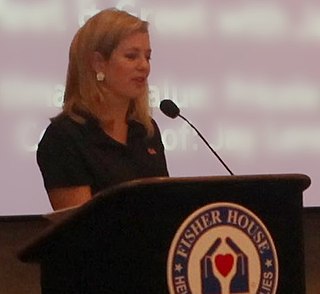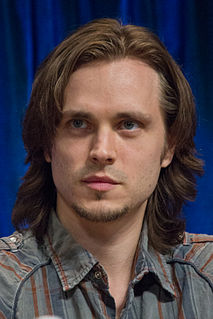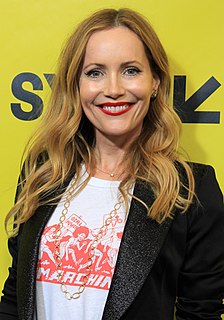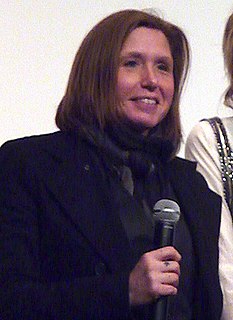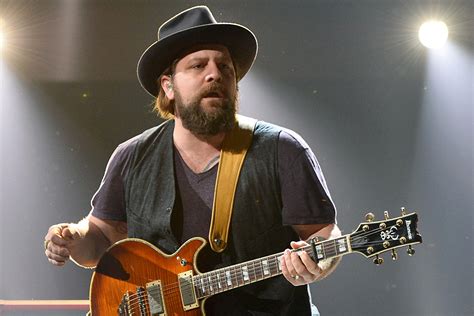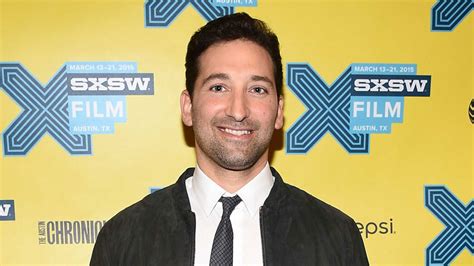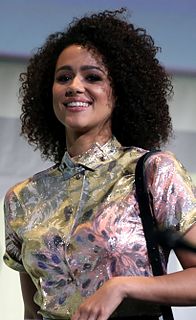A Quote by Sheryl Lee
And in the middle of one of those scenes, I suddenly felt my heart just open: it was overwhelming, to the point where I got teary-eyed. Never would I have thought anything like that could happen in a love scene.
Related Quotes
I had never thought I could love another person this much. I also never thought I’d live in such fear of losing another person. Was this how everyone in love felt? Did they all cling tightly to their beloved and wake up terrified in the middle of the night, afraid of being alone? Was that an inevitable way of life when you loved so deeply? Or was it just those of us who walked on a precipice who lived in such panic?
I didn't think i could possibly love another baby as much as I loved the one I'd already had," I continue. "But the strangest thing happened when I held you for the first time. It was like my heart suddenly unfolded. Like there was this secret space I didn't even know existed, and there was room for both of you." I stare at her. "Once my feelings were stretched like that, there was no going back. Without you, it just would have felt empty.
I had worked for a lot of directors whose work I didn't respect, and as I was editing material, I was thinking about how I would have shot the scenes and what I would have done to make the scenes better. After several years of that, I got to the point that I was pretty confident I could sit in the director's chair.
When I was a kid, I felt like I could do anything and play anything. I just felt super-confident. And then, once I started to play music professionally, maybe it's from being from a small town, but you grow up and then you're suddenly a big fish in a small pond, and I realized that there were a billion other drummers out there that could play as good as you or better, and everybody wants that job.
I really just enjoy listening to talk [to John Hurt and Charlotte Rampling]... not even about acting or anything. It's interesting because I felt really connected to all these people very easily. They're all very open emotionally, like we're in the scene together, so you never feel like anyone's acting.
I think a lot of the production process is always giving yourself, like what I call like escape routes, like, if this scene doesn't play, if we realize we've had too many dirty scenes in a row, and it's like, because you don't have the luxury when you're in the middle of shooting, to see how these scenes play all in a row, kind of, you know what I mean. So, like we're always trying to like have insurance policies on, ok, if that doesn't work, we can just jump to this thing.
I've done a nude scene and I felt it was appropriate to the storyline and I thought it was done in a respectful way and I felt comfortable doing it. But there are obviously going to be scenarios - not necessarily in this job, but in other jobs to come - where the question will be posed to me 'Will I want to do nude scenes?' and I would have to consider that as its own thing. And not just something to say yes to because I have done so before. It really is circumstantial.
Whether it's one scene or 15 scenes in a film, whether it's the lead or a cameo part, if I don't find it interesting, I tend not to do it. You never really know what it is. It could be a one-scene part. I remember I read the one scene in Crash and was asked to do it. I was like, "Absolutely!" There's no formula for how something has to be. I always try to keep it that way.






